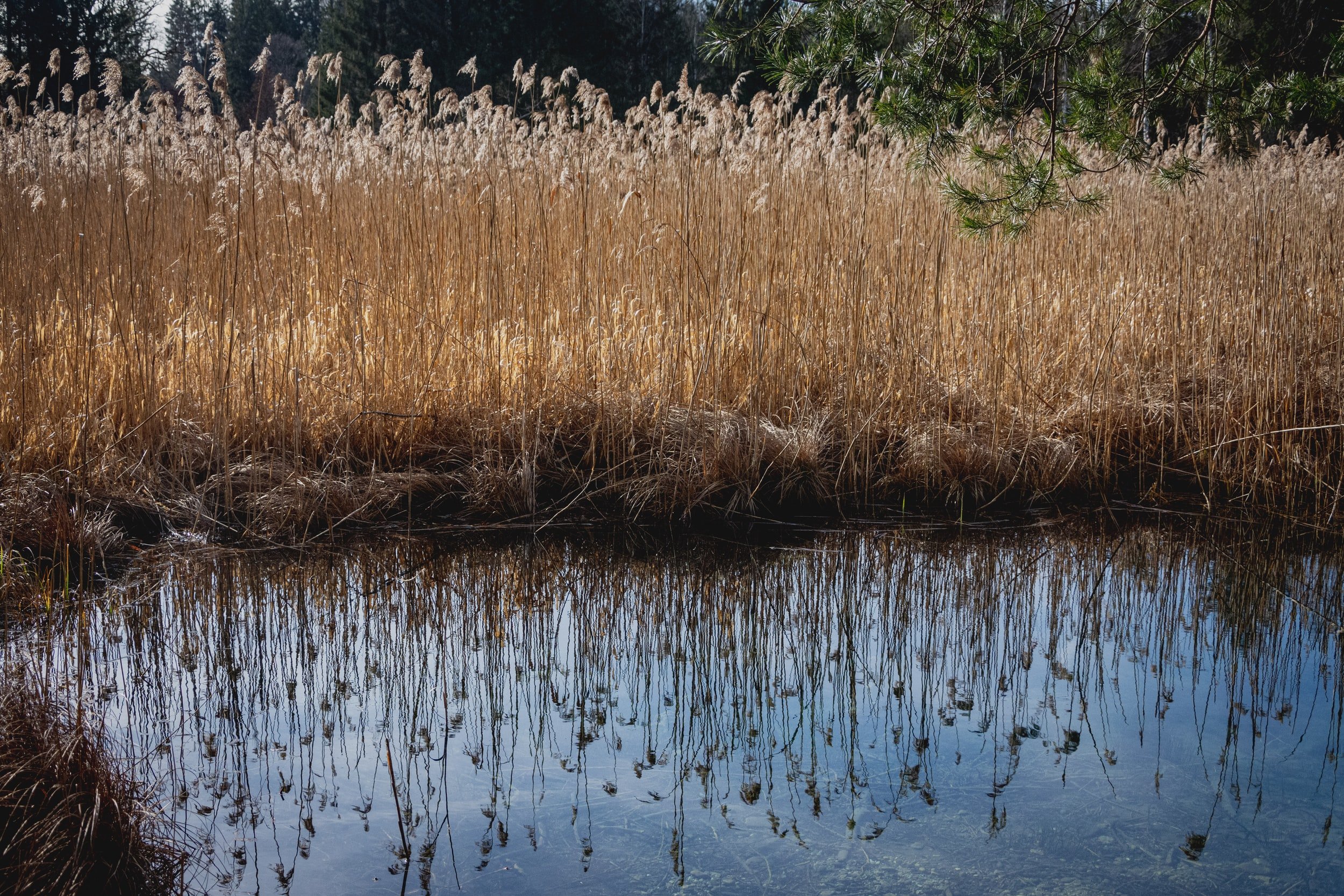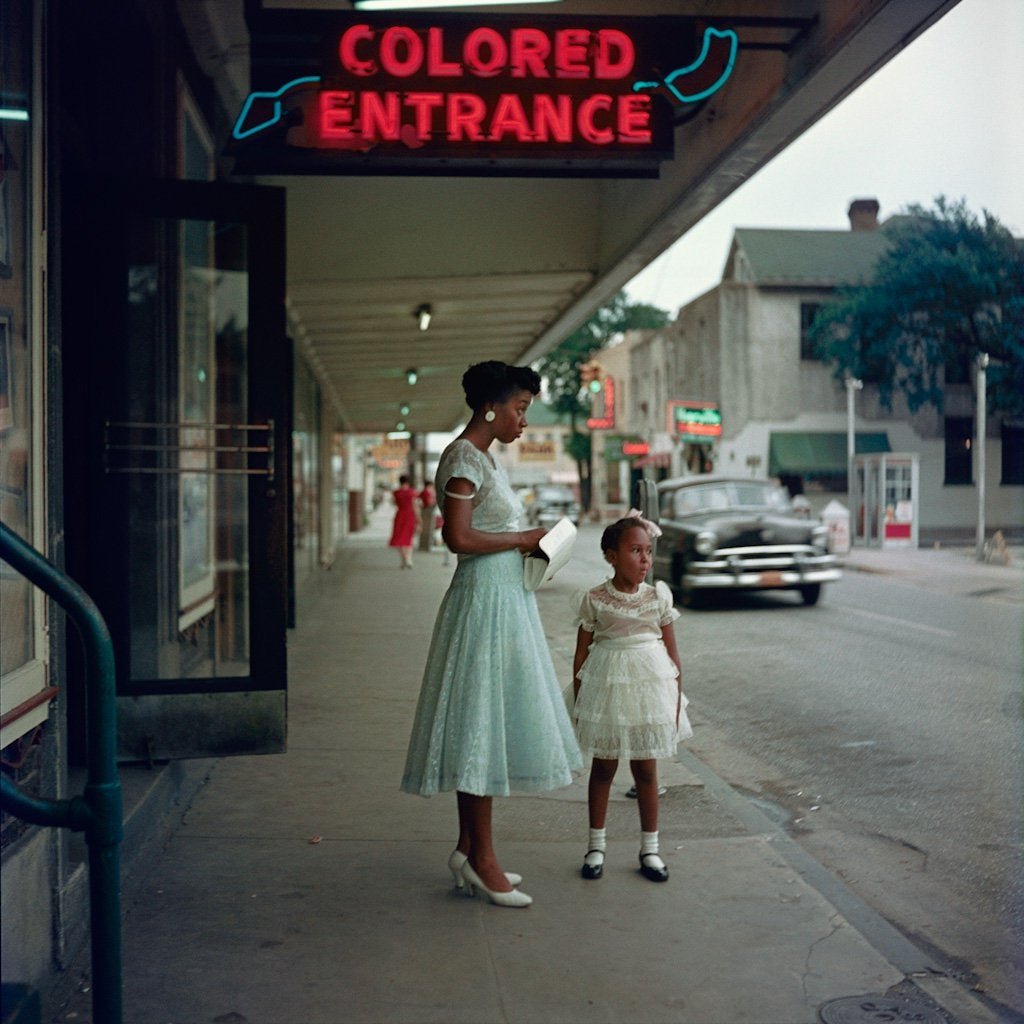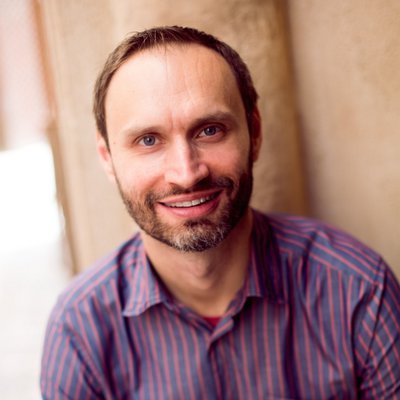Pastors Pursuing Diversity: Interview with Steve Henderson
Over the next few months, I will be conducting interviews with pastors who are pursuing diversity in their congregations. You can read more about the series in the introduction.
The questions are geared to help pastors and congregations in the pursuit of diversity in the church and all of life. All of the views, opinions, and suggestions are that of the interviewee. The goal of the series is to provide a resource from a variety of pastors, and therefore opinions may also vary.
(Due to length, please feel free to print interviews for future reading and referencing)
Steve Henderson is the pastor of Munich International Community Church in Munich, Germnay. He has served that congregation since 1999.
Have you always had a desire for a diverse or multiethnic church?
I’ve experienced a lot of openness to a multi-ethnic ministry in university days, seminary
and in local churches, though I did not actively pursue it until coming to Germany.
What has fueled this desire?
Being in a rich, genuine, and thoroughly multi-ethnic and multi-cultural setting has
made it a stronger desire. Though my physical features don’t mark me out as “not
belonging” in Germany, my language, dress, cultural patterns, and spiritual convictions
all do mark me out as a minority in this culture.
When did your views and desire for diversity change and why?
I was shaped in significant ways by my university experience where I met many international students and was aware of the difficulties they experienced in integrating into the culture of a predominantly white university. One of my roommates was from Colombia, and my friendship with him and the pursuit of Christ we shared was a significant growth point for me.
How have you sought to build diversity within your congregation?
In this genuinely multicultural setting, the presence of diversity is almost unavoidable.
We maximize the opportunities by regularly seeking to integrate people from many different cultures, ethnicities and language backgrounds into various aspects of the ministry of the church. One of the great opportunities people have in this setting is very simply the opportunity to let go of inconsequential matters. People have to give something up to be a part of this community. We choose to value Christ and the gospel above culture, ethnicity, tradition, and language.
How have you sought to cast this vision to your members?
Regular preaching on “exile texts” such as 1 Peter, Daniel 1-6, Ruth, Jonah, Joseph
(Genesis 36-50), Malachi and Nehemiah—this reminds us that we are gathered together as strangers and aliens in Munich and that we are striving together for the sake of the gospel, not for our nationality or cultural supremacy.
Do you have a diverse staff as well?
Our staff is small, but if you include our leadership core of elders and deacons we currently have on our elder team two Germans, one Englishman and two Americans. We also said farewell to an Angolan who left late in 2013; previously we have had men from
Brazil, India, Iceland, black Americans, and Japanese Americans serve as elders.
Our current deacons include four Germans, three Americans, one Englishman, one
Greek, a deaconess (also church secretary) who is Malaysian ethnically and raised in
Scotland. And then we have a deacon whose father is German, mother is South Korean, yet he grew up in The Republic of Texas!
What do you see as the benefit of having a diverse church?
Wow. We have a marvelous opportunity to see men and women join together as unlikely friends in a foreign setting. We remind each other often that if we were gathered for worship in our home countries we would not be seated near a person like the people we are surrounded by. The wealth of experience and the foretaste of heavenly worship has marked my heart and mind with indelible prints.
Tell us a little bit about yourself. What is your testimony? Did you grow up surrounded by diversity or has this been a newer conviction/desire?
I grew up in Cincinnati, Ohio in the 1960s. We had the standard divisions of black and white in our community, but our schools were not segregated. From early in elementary school we were in classes and activities together. The community had a strong German heritage, as 90% of my teachers in grades 1-6 had German surnames! There was a lingering but strong sense of immigrant communities in Cincinnati in those days.
My junior high school Latin teacher had a profound impact on me. Robert L. Davis was his name. He was a devout Roman Catholic, and a black man. I remember thinking in the early days in Latin study that he was the first deeply intelligent black man I had ever known. He shaped my life with a simple statement one day, as he observed my delight in learning languages. He remarked, “Steve, you have ‘language sense’.” Some years later I realized that his words had had an almost prophetic effect on me, as I had pursued the study with relative ease of biblical languages, other ancient languages, and modern languages as well. God providentially used that man to adjust the trajectory of my life, and I am eternally grateful. Those memories encourage me to be generous, clear and specific with my encouragement to others as well.
I attended church, but had no relationship with Christ. We were average, middle class folks. In 1969 the gospel arrived at our church, as R.C. Sproul was called to serve as associate pastor. I was converted in 1971 in a second wave of conversions, as the adults who had come to life and faith in Christ in 1969-70 were actively reaching out to the teenagers. In university days I earned a degree in Art History from Vanderbilt University in Nashville, but my passion in those years was evangelism and discipleship, as God used Campus Crusade to equip me to serve the college campus. With that remarkably unmarketable degree, I went on to study at Dallas Theological Seminary, completing my masters in Semitic languages, and getting only so far as an “ABD” in doctoral studies in Semitic languages—the call to pastoral ministry and to family interrupted my academic pursuits. Following a pastorate in Houston, we moved to South Carolina for eleven years, where I encountered and experienced ethnic stereotypes and tensions which I had not seen in either Ohio or Texas.
Have you had any fears during the pursuit of diversity? Have you struggled with doubt that it is possible?
Have had loads of doubts. Still doubt regularly my abilty to make connections with people from various cultures. Am I being unconsciously offensive or off-putting? Am I presenting Christ and him crucified, or some American recasting of the good news? Can I trust the Spirit of God to do what he has promised to do through the preaching of the Word and the communion of the saints?
Do you do anything unique with your service(s)?
Since we are an international church we are committed to praying each week for the nations of the world. We present a public awareness of our international diversity. In our music team on a given Sunday, you’d be likely to see a pianist from South Africa, joined by a Korean guitarist, an Indian on electric guitar, a Finn on bass, a German with percusion, and singers from England, US, Germany and Malaysia. For more fun add a bassoon from Germany!
Women’s Retreat
We’re an English speaking church made up of a mixture of temporary residents and long term locals–about 175 households from over 50 different nations (about 40% is from the US and UK and 25% from Germany). Others are from South America (Peru, Brazil, Colombia), Asia (Singapore, Taiwan, China, Hong Kong, Philippines, Indonesia, Japan, India), Europe (Finland, Holland, Latvia, Lithuania, Hungary, Russia, Ukraine, Romania, Croatia, Sweden, Germany, France, and Greece), Africa (South Africa, Namibia, Kenya, Egypt, Ghana, Nigeria), and a few Australians and New Zealanders. So far no one from Antarctica!
The church is about 50% “professionals” here with Microsoft, BMW, Siemens, and other global corporations. We have a good selection of students, au pairs, teachers, engineers, and even a few opera performers. And we also have a selection of refugees from time to time. Right now we have a family from Afghanistan seeking religious asylum in Germany, and also several Pakistanis who are likewise in transit from a persecuted life in their home country seeking refuge with us here.
If you could give any advice to a pastor who desires to pursue diversity within his congregation, what would you say to him?
Don’t give up. Don’t give in to the critics. Don’t believe the voices that tell you that it won’t work where you are. Preach the word and look for diversity. Challenge: read Acts with an international mindset. You cannot get past chapter two before you’ll be overwhelmed by it. Then when you get to the original international church at Antioch, you’ll be fully converted and ready to go forth and multiply!
If you were asked to speak to a congregation that was about to begin a series of initiatives in hopes of building a more diverse congregation what might you say to them?
There’s a great cloud of witnesses who have gone before you who can testify that the joy of serving in a diverse context far surpasses the trials, opposition, failures, and disappointments.
Did you actually do anything differently to pursue diversity? Do you think it is necessary?
Nothing “differently” except keeping eyes open to the horizons to see what God is doing.
How do you think that the Great Commission can motivate a pursuit of diversity?
Simply the awareness that it is the nations (ta ethne) which the risen Christ has commanded us to disciple. Not just folks who look like me, dress like me, think like me.
I, personally, believe diversity begins in the home. In other words, we are adopted into a new family and that family, the church, is beautifully diverse. We should seek not to have a face change in our churches but to have it in all of life—our lives should include those unlike ourselves. Do you agree? If so, how might you encourage members to build diversity in their homes?
Recognizing our acceptance in Christ is not just legal (justification) but relational (adoption) and intimate (union and communion with Christ)—this opens us up to the relational possibilities in accepting others who are not like us, and adopting children from different nationalities/ethnicities. Each of these pathways opens up opportunities for the broadening of our horizons.
RELATED CONTENT











Guest post by Isaac Adams
I thank God for folks who speak biblically about race. Whether it’s a black mom teaching her children that they also bear God’s image, or a white sister writing a prophetic blog post—there are many brothers and sisters take up this worthwhile battle…